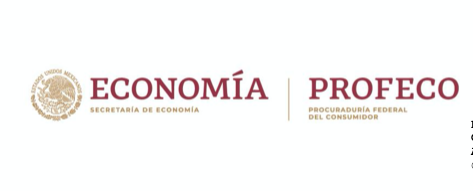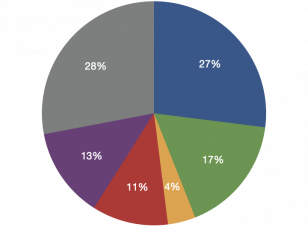by MLS Vallarta - October 8, 2015

If you have been active in the real estate market in recent months, it is likely that you have read or heard about a new regulation that involves PROFECO (Mexico’s Consumer Protection Agency) and providers of real estate services. This has given rise to all kinds of questions and concerns, which we will seek to clarify below.
First of all, we are going to give a bit of context around this Official Mexican Norm. This norm, called "Commercial practices-requirements for commercial information and advertising of real estate intended for housing and minimum elements that related contracts must contain", is mandatory at the national level for all providers of the real estate industry and entered into force on September 19 of this year.
Although the norm was created with the intent of mainly regulating the purchase and sale of new housing by developers and builders, it was extended to also include real estate intermediaries.
Even though the Puerto Vallarta and Riviera Nayarit chapters of AMPI (Mexican Real Estate Association) have managed to establish a high industry standard for those who are members this association, real estate marketing practices have had very little official regulation in other parts of Mexico, and in many cases, they are involved in problems that affect consumers and therefore their assets.
The objective of this standard is to guarantee consumer protection when buying a home. In other words, NOM 247 indicates the "good act" for those who are dedicated to marketing and selling real estate and establish what they must offer and guarantee.
Therefore, the norm was conceived with the perspective of always seeking the good of the consumer, eliminating bad practices: abusive, unfair or discriminatory, and reducing fraud against the interests of the client.
This norm establishes that suppliers are obliged to inform and respect prices, rates, guarantees, qualities, measurements, materials, finishes, insurance, interest, charges, terms, form and conditions of payment, deadlines, dates and other conditions applicable in commercialization, especially those that have been offered for the delivery of a real estate property, and also dictates the guidelines and minimum information requirements for the commercialization of real estate intended for residential use, such as:
- guidelines for real estate advertising
- minimum elements that must be contained in contracts for sale, pre-sale, promise of sale and real estate mediation
- Mandatory registration of contracts before the Federal Consumer Attorney's Office (PROFECO)
- consumer rights
- obligations related to the delivery of the good and guarantees, and
- deed and notary fees
In terms of advertising and promotion, the norm document states that marketing must prioritize responsibility and transparency at all times through truthful, verifiable, clear information that is free of elements that mislead or confuse the consumer due to being misleading or abusive.
One of the most debated questions and points in recent months is the fact of whether or not the rule must be observed by individuals who wish to carry out a real estate purchase and sale operation. It should be noted that this rule is not mandatory for those individuals who intend to transfer their home, but only for those who are service providers.
The NOM defines service providers as developers, builders, promoters, intermediaries in consulting or sales, and in general any natural or legal person who is directly or indirectly dedicated to marketing real estate to the general public for housing.
Consequently, real estate transactions between individuals may continue to be carried out without any change. However, if an intermediary participates, the guidelines indicated in the norm must be observed.
And this is where another series of questions comes in, why does a real estate agency / realtor ask me to sign such an extensive listing agreement? Is it mandatory to use this contract? Why do they ask me for so many documents? What benefits do I have by signing this contract?
The answer is simple; your realtor is looking to provide you with a high degree of professional service that complies with regulations in Mexico and that guarantees your rights as a client, and also to ensure the interests of the future buyer. This translates into more work and responsibility for the service provider on your behalf and the question, if that were the case, should be rather why is he/she not complying with what is established in the norm?
The listing agreement contract is mainly based on an adhesion contract model of which there are two versions, a PROFECO version and an AMPI version. Both are valid and have a similar content seeking to standardize the provision of the service, guaranteeing minimum rights and obligations for the parties.
Any version that your provider provides must have its own registration folio before the Public Registry of Adhesion Contracts of PROFECO, and must contain, among other things:
- reciprocal conventional penalty that applies to both the supplier and the consumer for breach of their obligations,
- procedure for the cancellation of the contract,
- consumer's right to cancel the adhesion contract within 5 business days of signing it,
- establish the competence of PROFECO in administrative proceedings on the interpretation or fulfillment of the contract,
- Rights letter
One of the most notable benefits for the client is that PROFECO's competence would allow faster reconciliation if necessary.
In my opinion, this NOM-247 will have a positive impact on reducing the number of operations that may affect the patrimony of consumers in terms of housing in Mexico, but above all, it is a norm that will require the continued professionalization of the activity of participants in the real estate industry and further standardizing the terms of service and sale.
This article was written and provided by David Moreno of LARIVIERA Group
Similar posts


